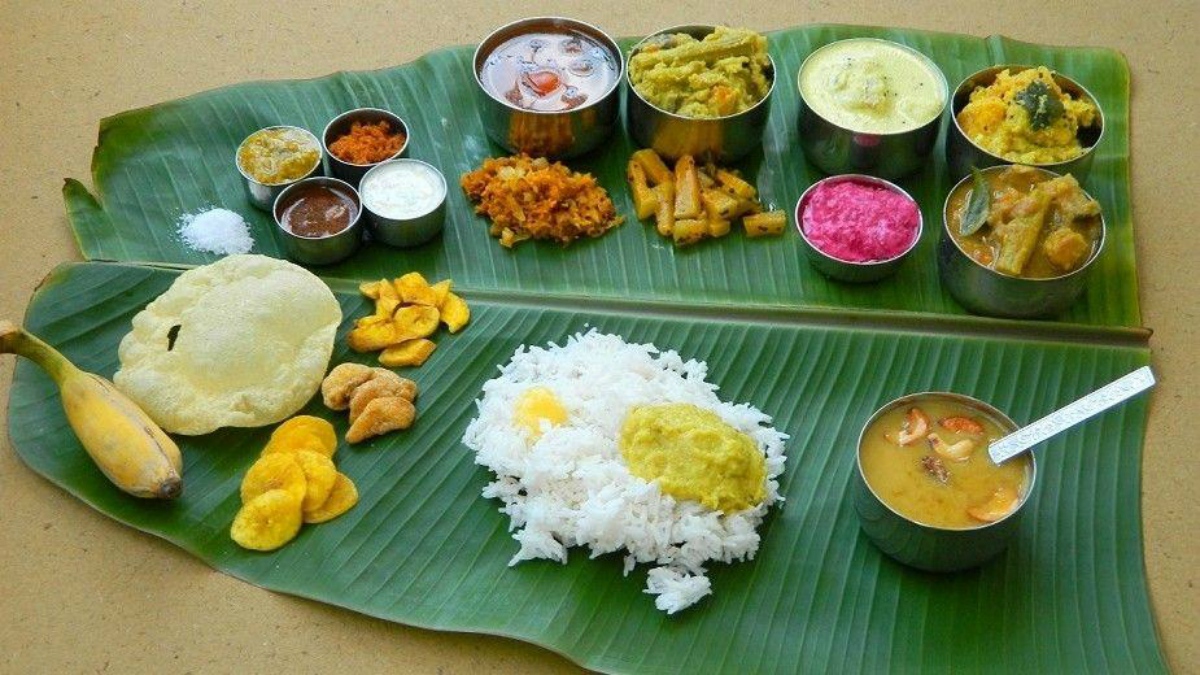A lot has been written on food, diet, intermittent-fasting, nutrition and so forth, but perhaps not many know that the concept of dieting or moderate eating is not a contemporary or new concept. Its existence can be traced back to several thousand years ago. If you refer to any of the ancient yogic literatures—Upanishads, Bhagavad Gita, Hathapradipika, etc, the term used is “Mitahara”, a reference to a yogic diet which literally means moderate eating.
According to Indian philosophy, traditionally food is an element that takes us to our journey to egolessness, putting us on the path of spiritual growth. Yes, food defines our life—not just our health and fitness—that we believe in this modern-day! With due respect to all the nutritionists and dieticians, where the core focus is on the surface level of health and fitness, it has very little to do with the traditional or philosophical concept of why we eat food in the first place and is unfortunately not made aware of to the aspirant who wants to lead a healthy life. Today, we speak about healthy life and eating heathy food as if it’s a fashion, fad, or a lifestyle—something which we modern humans have invented—but the important question that needs to be asked is this: Despite eating healthy food, is our behaviour altering? After consuming food that is considered nutritious, are our emotions, actions, activities truly changing?
Let us understand this first that a healthy life is not just about looking fit, it is about being a good human being first and this step begins with being egoless. Yogic principles of food tell us: What we eat is not important, what we do after eating is more important which eventually decides if we are sincerely yogic! Here, the two major limbs of yoga which is the Yama and Niyama principle are applied in Mitahara.
Mostly the point of view of modern-day dieting is limited to protein, carb, high-fiber, and perhaps, vitamins of various kinds; however, if you compare the Mitahara concept in the yogic diet there is no such thing at all—it is simple conducive and non-conductive food. The blind law of food under the yogic diet which can be applied even in the modern-day diet is: Any food that is consumed should not be a hindrance in the day-to-day activities of any normal person; the day-to-day activities that lead us to be a good human being. The Mitahara concept is related to the quantity and quality of diet and in simple terms, this translates to the food that should be easily digestible, less in quantity and fresh. In Hathayoga, it is explained: Eat up to filling of half part of the stomach, fill 1/4 part with water and leave the remaining part empty for the proper mixing of the food. In Bhagavad Gita, the diet is explained as Satvic (restores awareness), Rajasik (food that overreacts with our digestive system) and Tamsik (food that mentally disturbs us).
Let’s now talk about two new popular concepts—fasting and so many apps that guide us on how to fast. Do you know that fasting, in fact, is not encouraged in the yogic concept—at least in the beginning years of learning yoga? It is so, chemically speaking, because when we practice yoga our gastric fire is stimulated and the gastric fires require something to consume, otherwise, juices will be secreted which will eventually require something to digest. Thus, eating good food is important, therefore Mitahara (moderate eating) is encouraged under a yogic diet. Food must be proper for a yoga aspirant, thereby yoga denies the concept of 24-hour fasting, leave alone intermittent fasting unless you have reached a very advanced stage in your practice. They say, even when you reach the last few limbs of Ashtanga Yoga of Dhyan, Dharana, and Samadhi, fasting is still not encouraged. However, at an advanced stage of yoga, one can follow a diet schedule and the interesting yogic terminology in Mitahara yogic eating principles are Bahubhukta (one who eats more than 3 times), Tribhukta (one who eats 3 times), Dvibhukta (one who eats two times) and Ek Bhukta (one who eats only once). All the above play a major role in making one either dull or energetic. The objective is to not have any obstacles in day-to-day activities, whether yogi or non-yogi person.
One must not ignore the purpose of fasting—whether it is for religious reasons or to rest the gastric fires? In both Mitahara recommends only milk and fruits which is easily digestible, fresh and moderate. The yogic text also says that any rules where yogic or non-yogic should not be a hindrance to spiritual growth—if by fasting one is thinking about only food, it beats the purpose of fasting. Also, it is encouraged if one is unwell or old, food must be taken in order to feel well and to have good thoughts is given more preference under Mitahara.
Why the ego and egolessness when it comes to healthy eating? Modern humans believes that they the owners of the food because they have earned or bought it. The thought that human beings own the food is nothing but an ego and this ego is a major hindrance to a good thought, eventually, good thoughts and good behaviour leads to spiritual growth. According to the scripts, food plays an important part in lowering our ego, and we must never think for a fraction of a second that we have earned the food, but is provided by God. It is also said that how we earn the food, how we cook the food, how we eat the food, and how we behave after what we eat contribute to our journey towards egolessness.
In the end, I do want to mention that although yogic diet completely denies non-vegetarian food, and recommends sattvic food, it is an individual choice and preference. Eventually even after eating sattvic food, if our behaviour is non-sattvic (non-vegetarian) it beats the purpose of the Sattvic (wholesome food). Our non-sattvic behaviour is considered to be full of Ego and is a major hindrance to our health and spiritual growth.
So next time when you think about wholesome food as a part of your health regime, think deeply of the role food plays in making us wholesome as an egolessness human being.
Sheetal Kharka is a former banker, writer, and yoga enthusiast who has completed PG Diploma in Yoga Education from the Kaivalyadhama Yoga Institute & Research Centre.












